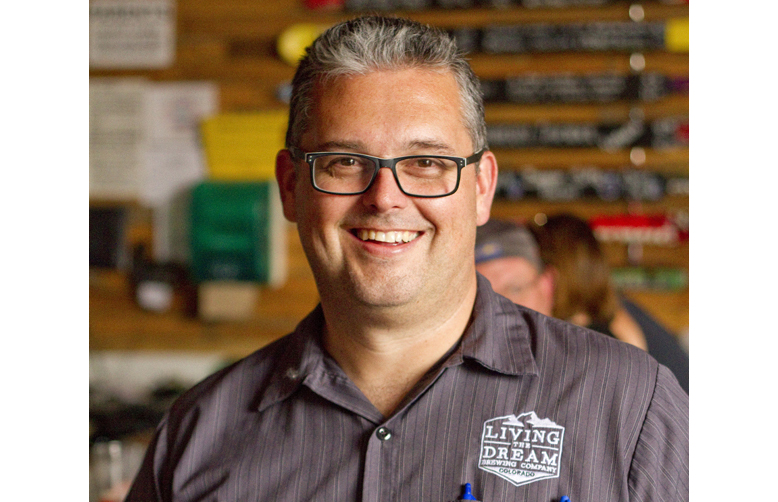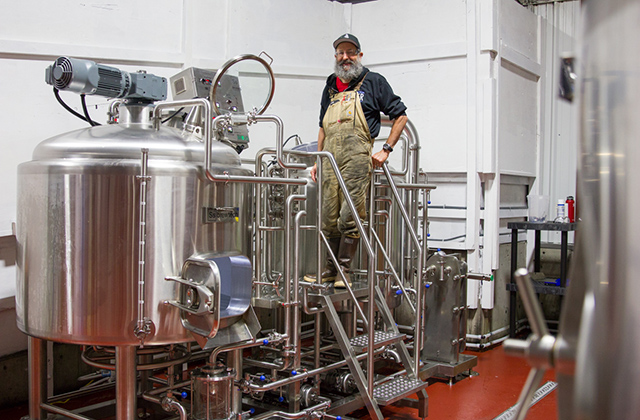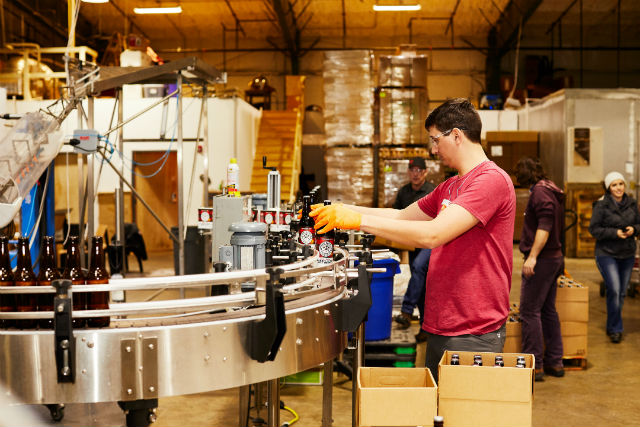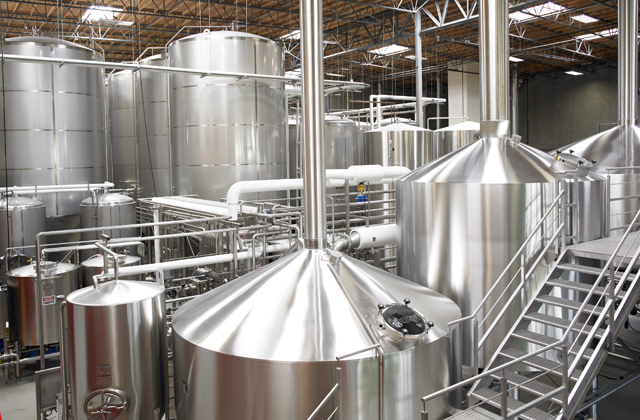
Even as we head into a new year and crowded sales space, there is still room to grow. That means more breweries look to launch in 2022 and our expert panel shared insights to that as well.
Global trends on local levels
Brian Miesieski the CMO for Sweetwater said that new breweries should keep a finger on the pulse of global consumer trends, even outside the beer or beverage alcohol industry.
“You can take a lot of cues from other industries and other brands that are out there,” he said, pointing out that even when he was at Guinness 14 years ago, ideas like celebrating roots, individual expression, giving a premium experience, and health and well being of a consumer can be important aspects to continue to follow.
“If I was to give anybody advice, keep your eye out for the types of trends that consumers are looking for,” he said. “Make sure you’re delivering upon that because if you don’t and you want to do your own thing you could end up putting something into the market that really isn’t going to catch fire with what consumers are looking for.”
Bakery model
There are a lot of different ways to open a brewery. Kodiak Brewing’s Ben Millstein said that a “bakery model” is one such solution.
“A local bakery doesn’t compete with a bakery in the next town, right? Because if what you’re making is supposed to be fresh and local then the fact that somebody else has a bakery 20 miles away, it really isn’t relevant,” he explained. “For a small business that is geared toward a local audience, there’s really enough room in the market for an awful lot of small breweries. If your plan is to package and compete with Sierra Nevada, that’s pretty ambitious and I would never say you can’t do it, but that is an ambitious plan.”
Goldilocks & the 3 Brewery Models
When Millstein was considering starting a brewery in the late 90s, the big take-home message from a business class he took that still sticks with him is there are two most common ways a business can fail.
“One is overcapitalization, and the other is undercapitalization,” he said, indicating that being ‘just right,’ as the fairy tale goes, is what a business needs to aim for. “You really have to find that sweet spot. “You can’t say, ‘This is what I want to build,’ without looking at the total environment, and what that’s going to accommodate.
“My first plan, I took it to my business mentor, and he looked at it and said you’re never gonna make enough money with this brewery. It’s not big enough to generate an income to support your family and so that’s an undercapitalized brewery. On the other hand, if you go buy a hotdog cart for a million bucks, then that’s an overcapitalized business because you can’t ever make enough money to even repay your investment. You’ve got too many bells and whistles.
“Some of the best advice I think I could give is, make sure that your plan fits your environment. Have that balance, that sweet spot. You have to invest enough in the business to make it work and not so much that you can never recoup your investment.”
Critical of Quality
Leslie Kaczeus of Bootstrap Brewing said to make sure you don’t take shortcuts on quality at any step.
“You need to imagine that every customer that walks into your brewery may be ordering their very first craft beer ever and could judge our entire industry as a whole on what you serve them,” she said.
And understanding quality means learning from your peers as well.
“Don’t get offended if other brewers give you feedback that you don’t like,” she said. “We all try to take care of each other for the greater good.“
Planning … everything!
“Really plan out your business. Plan your brand and branding,” said Jason Bell of Living the Dream. “Don’t just make your goal to get open, set goals for your brewery beyond that.
“Be ready to tweak and alter those plans, but always have the next goal or benchmark in mind.”
If you have ambitions to package your beer Kaczeus added to make sure you get contracts lined up and ready to go in advance for hard-to-source ingredients. Even before you open, Bell added, work on establishing a connection with your local community.
“The local support will be the cornerstone of everything you do,” he said. “Brewing beer is not enough, the community connection is crucial.”




Be the first to comment